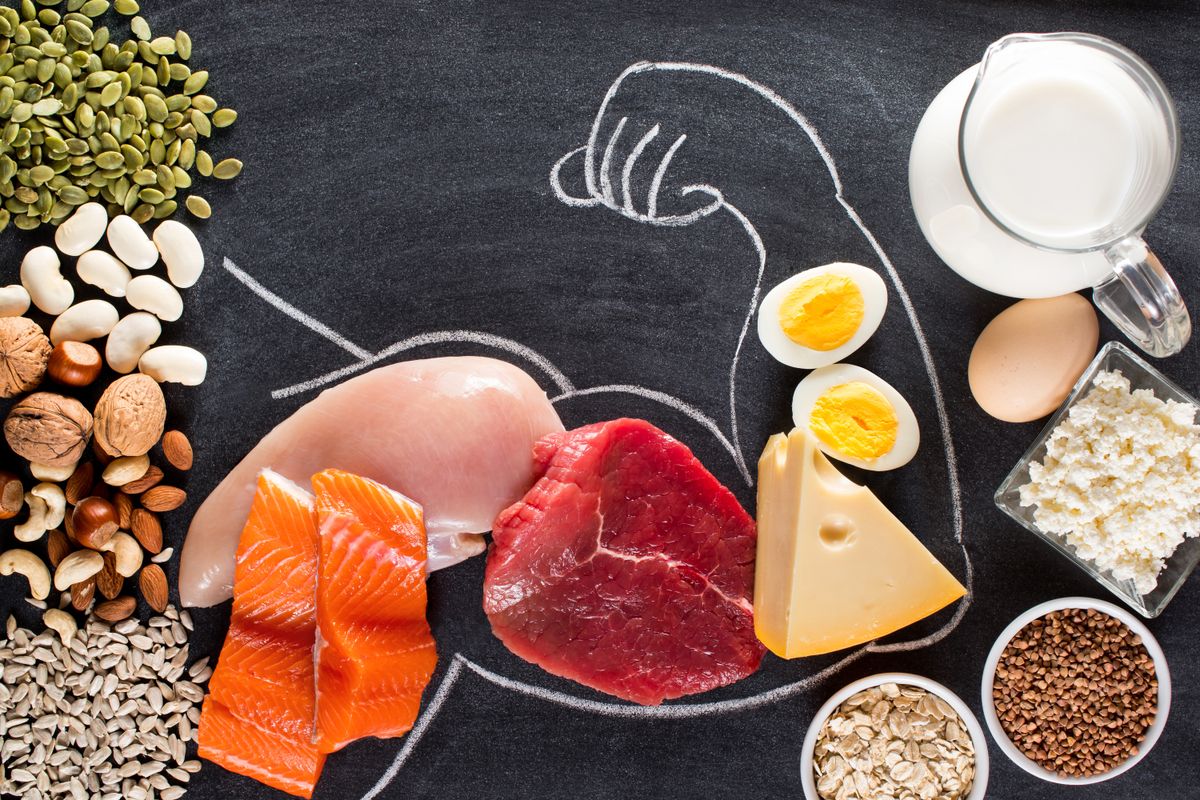Protein is the go-to choice for bodybuilders and fitness enthusiasts for a good reason. Its benefits extend far beyond the gym, encompassing weight loss, a revved-up metabolism, and the development and preservation of lean muscle mass, leading to sculpted arms and toned abs.
The Recommended Dietary Allowance (RDA) suggests that sedentary adults should consume 0.8 grams of protein per kilogram of body weight or 0.36 grams per pound of body weight. This equates to an average daily intake of 46 grams for women and 56 grams for men, as per the United States Department of Agriculture (USDA). However, recent research indicates that many individuals should aim for significantly higher protein consumption, often doubling these recommendations. A comprehensive 2016 review in the journal Food & Function emphasized that even for the maintenance of basic physical strength, daily protein intake should be at least 1.0, 1.3, and 1.6 grams per kilogram of body weight for individuals engaged in minimal, moderate, and intense physical activities, respectively. Furthermore, a 2018 study in Nutrients demonstrated that reaching the 1.6-gram mark of protein per kilogram of body weight, when coupled with resistance training, can effectively stimulate muscle growth.
While protein undoubtedly plays a crucial role in building and preserving lean muscle, its benefits don't stop there. In the sections below, explore the full spectrum of advantages that this remarkable macronutrient offers.
1) Craving Control:
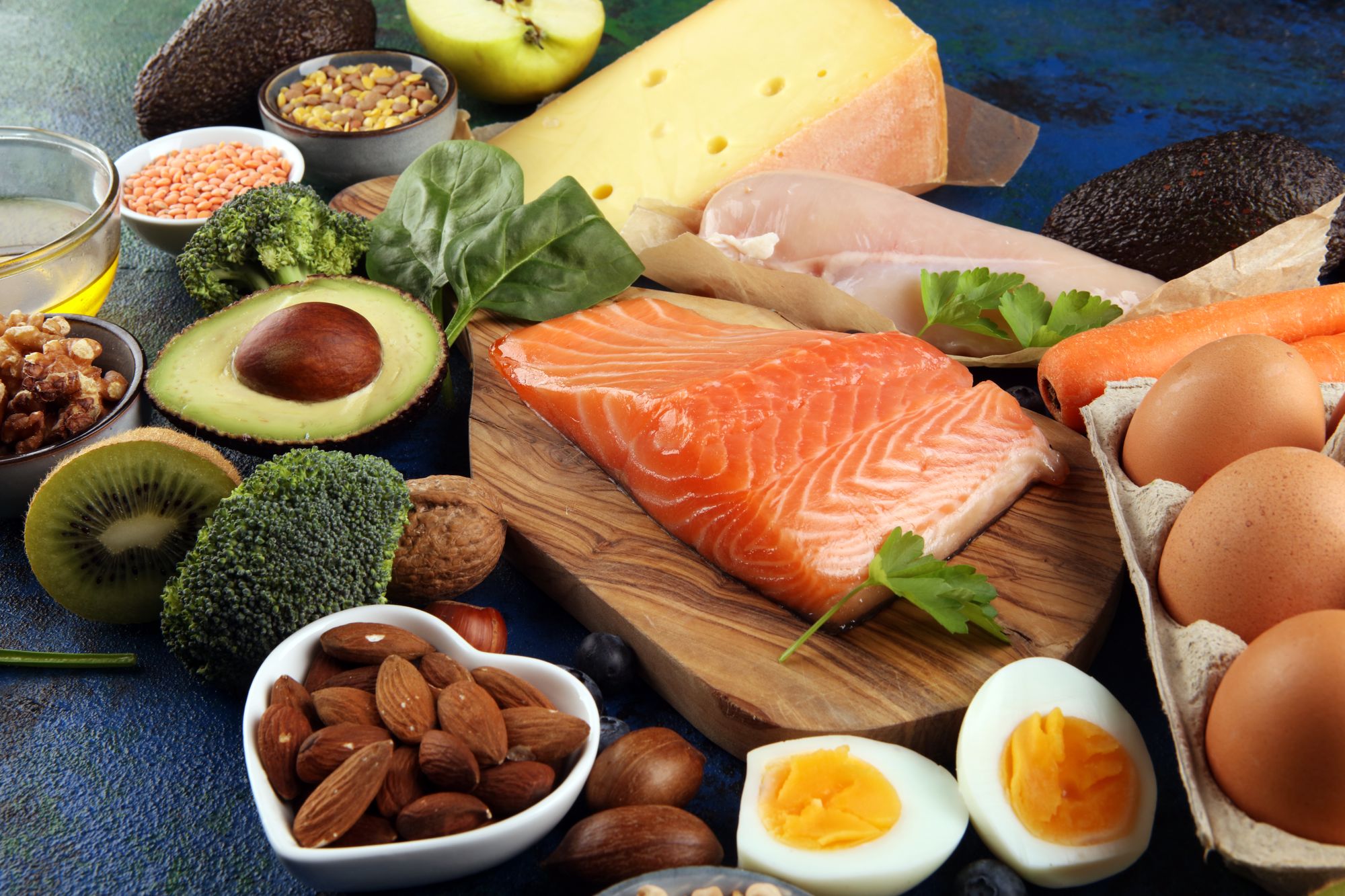
Protein wields a remarkable influence on hormones that govern hunger, notably ghrelin and peptide YY (PYY). Ghrelin is your ally in suppressing hunger signals, while PYY emerges as a formidable appetite suppressant, elevating energy expenditure. The synergy between these hormones is undeniable, and research underscores the effectiveness of high-protein meals in quelling ghrelin (the hunger hormone) while amplifying the satiety signal sent by PYY. It's a powerful one-two punch against those irresistible cravings.
2) Weight Loss Support:

Protein is your steadfast ally in the battle of the bulge. Its satiating prowess keeps hunger at bay for extended periods, ultimately translating into reduced calorie intake. What sets protein apart is its higher thermic effect of food (TEF) compared to carbohydrates and fats. This means that the process of digesting, absorbing, and utilizing protein burns more calories, contributing to weight loss. Moreover, muscle mass, being metabolically active, burns more calories at rest than fat. By preserving and building muscle through sufficient protein intake, you can amplify your calorie-burning potential, giving your weight loss goals a significant boost.
3) Muscle Building and Maintenance:
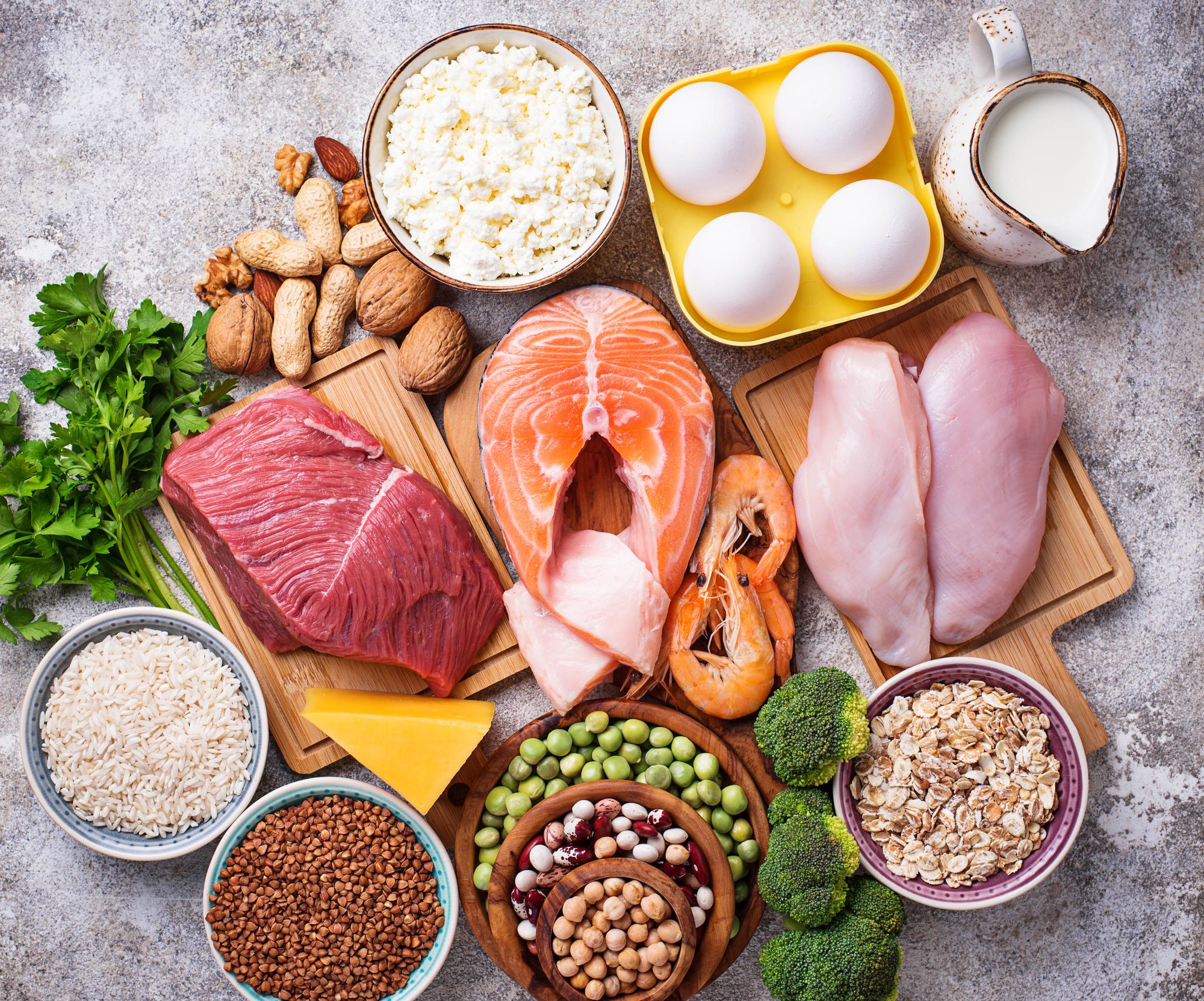
Among protein's many talents, its role in muscle development stands out prominently. The intricate process known as muscle protein synthesis (MPS) involves crafting new muscle protein molecules to mend and augment muscle tissue. This process thrives on adequate protein intake and thrives even more when coupled with resistance training and thoughtful meal timing. Together, these elements optimize MPS, contributing not only to muscle growth but also to overall strength and vitality.
4) Metabolism Booster:
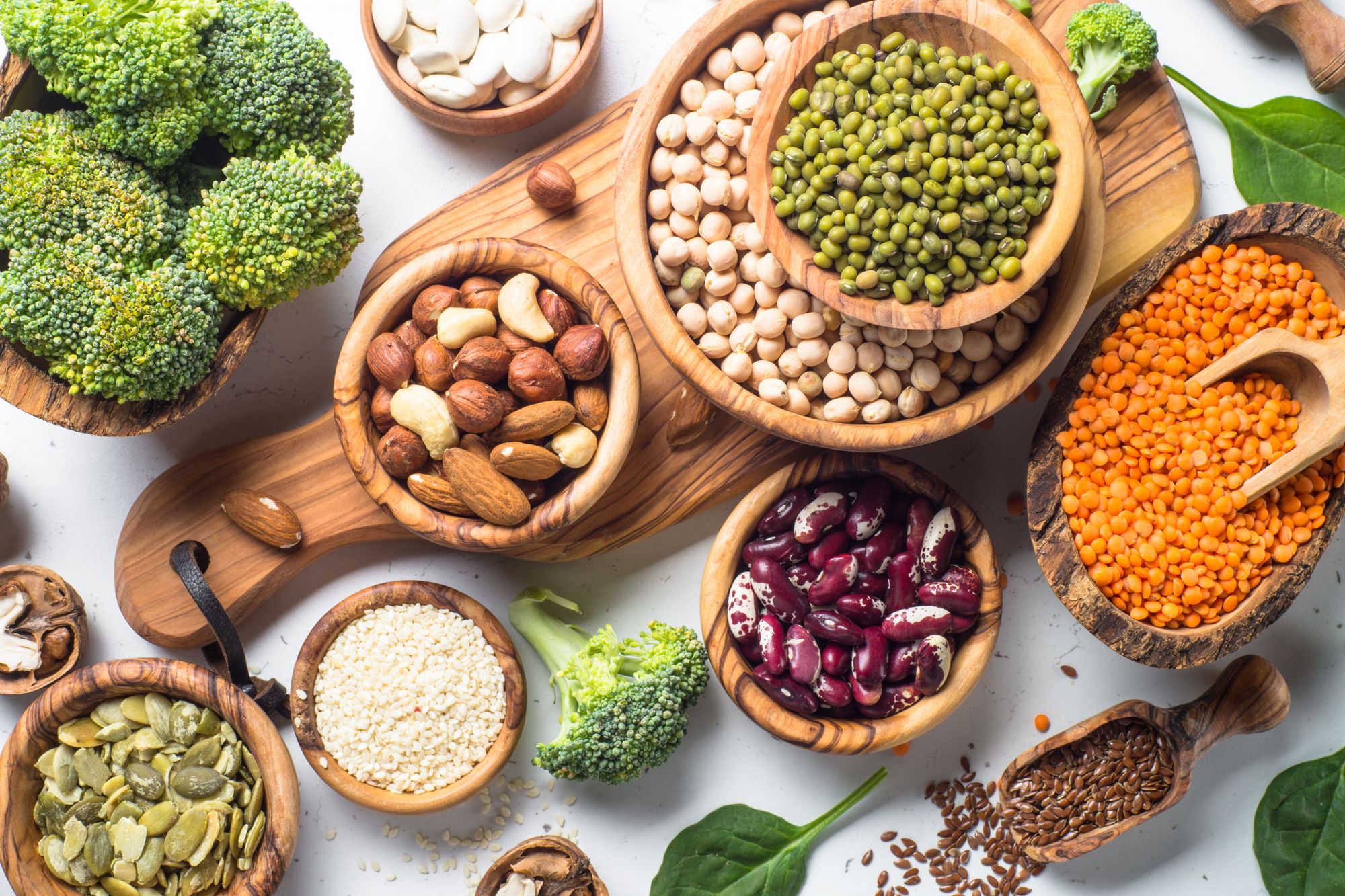
The quest for a faster metabolism is never-ending, and protein plays a pivotal role in achieving this goal. By elevating the thermic effect of food (TEF) and supporting muscle maintenance, protein can help your body burn more calories at rest. A revved-up metabolism translates into benefits like enhanced weight management, sustained energy levels, improved nutrient utilization, and better blood sugar control.
5) Injury Prevention as You Age:
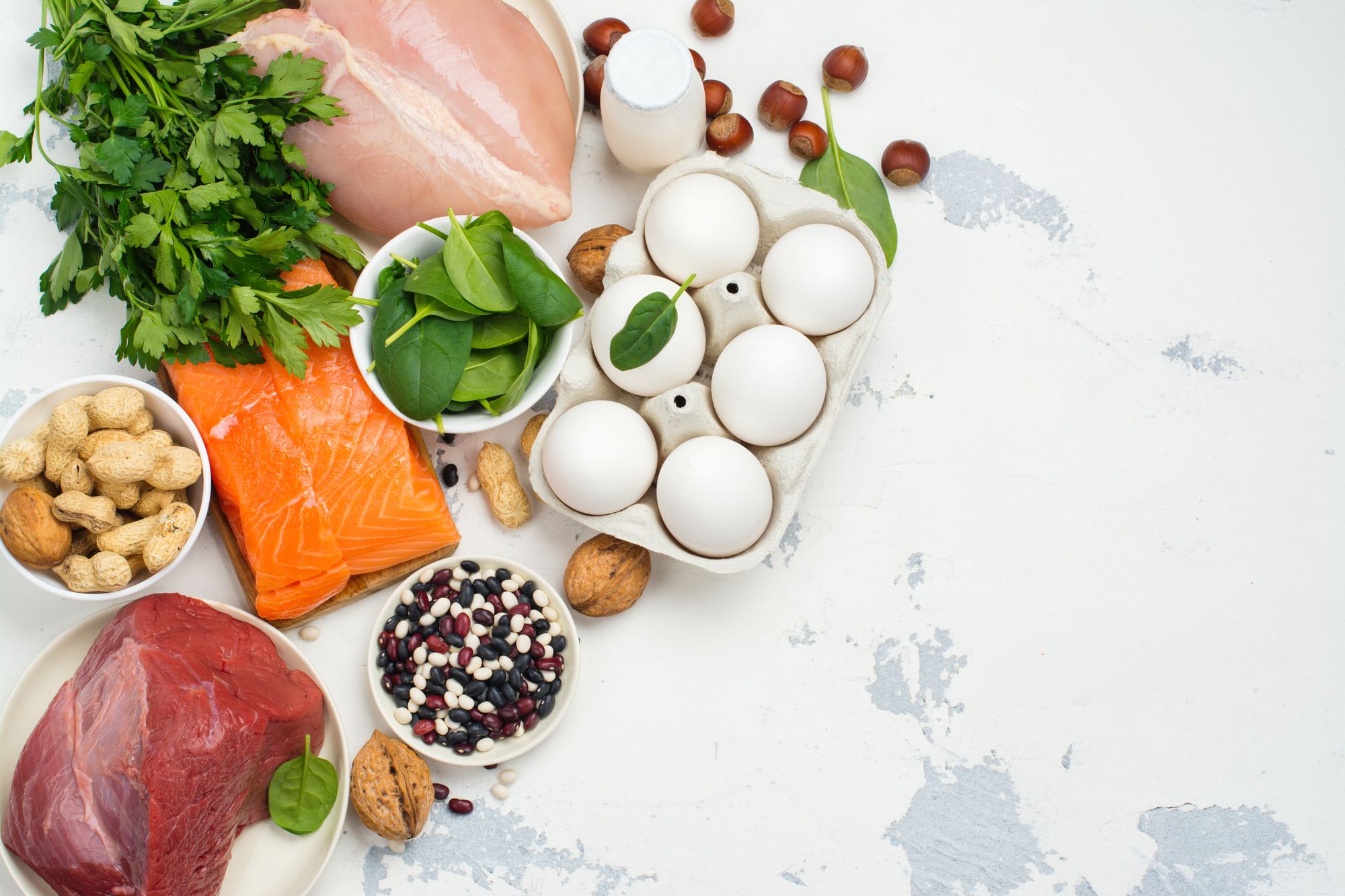
Aging comes with its share of challenges, including sarcopenia, the gradual loss of muscle mass that begins in your 30s and persists into old age. Adequate protein intake serves as a shield against this natural process, providing the essential building blocks your muscles need. Preserving muscle mass isn't just about looks; it's about maintaining the ability to perform daily activities without strain and reducing the risk of injury, especially in later years.
6) Immune System Support:
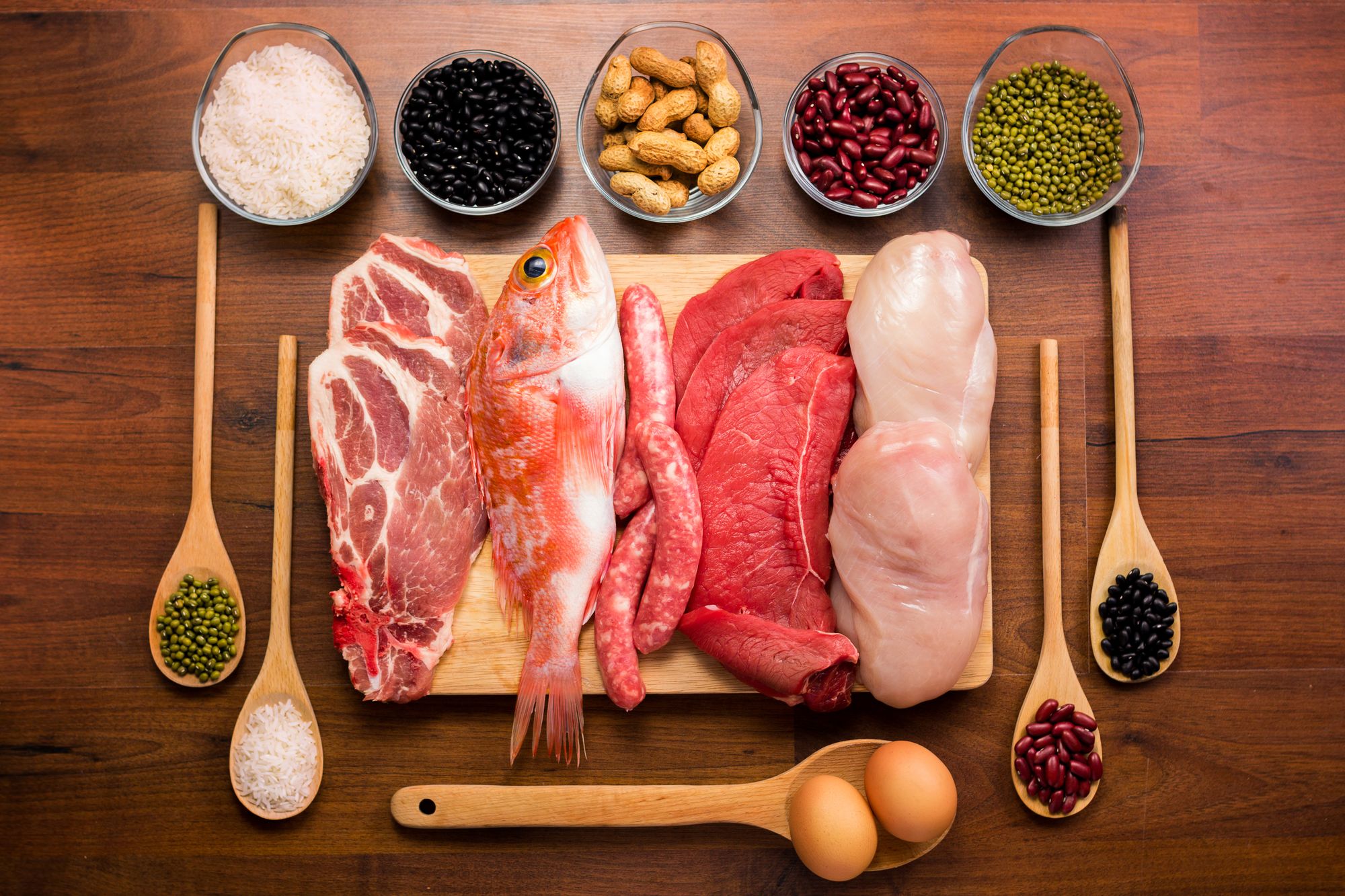
As cold and flu season approaches, fortifying your immune system becomes paramount, and protein is a vital player in this endeavor. Proteins serve as the foundation for key components of your immune response, including T cells, B cells, and antibodies. Moreover, protein promotes the synthesis of glutathione, a critical antioxidant that shields immune cells from stress. Inadequate glutathione levels are associated with a higher risk of chronic diseases such as autoimmune conditions and cancer, making protein a formidable ally in safeguarding your health.
7) Gut Health:
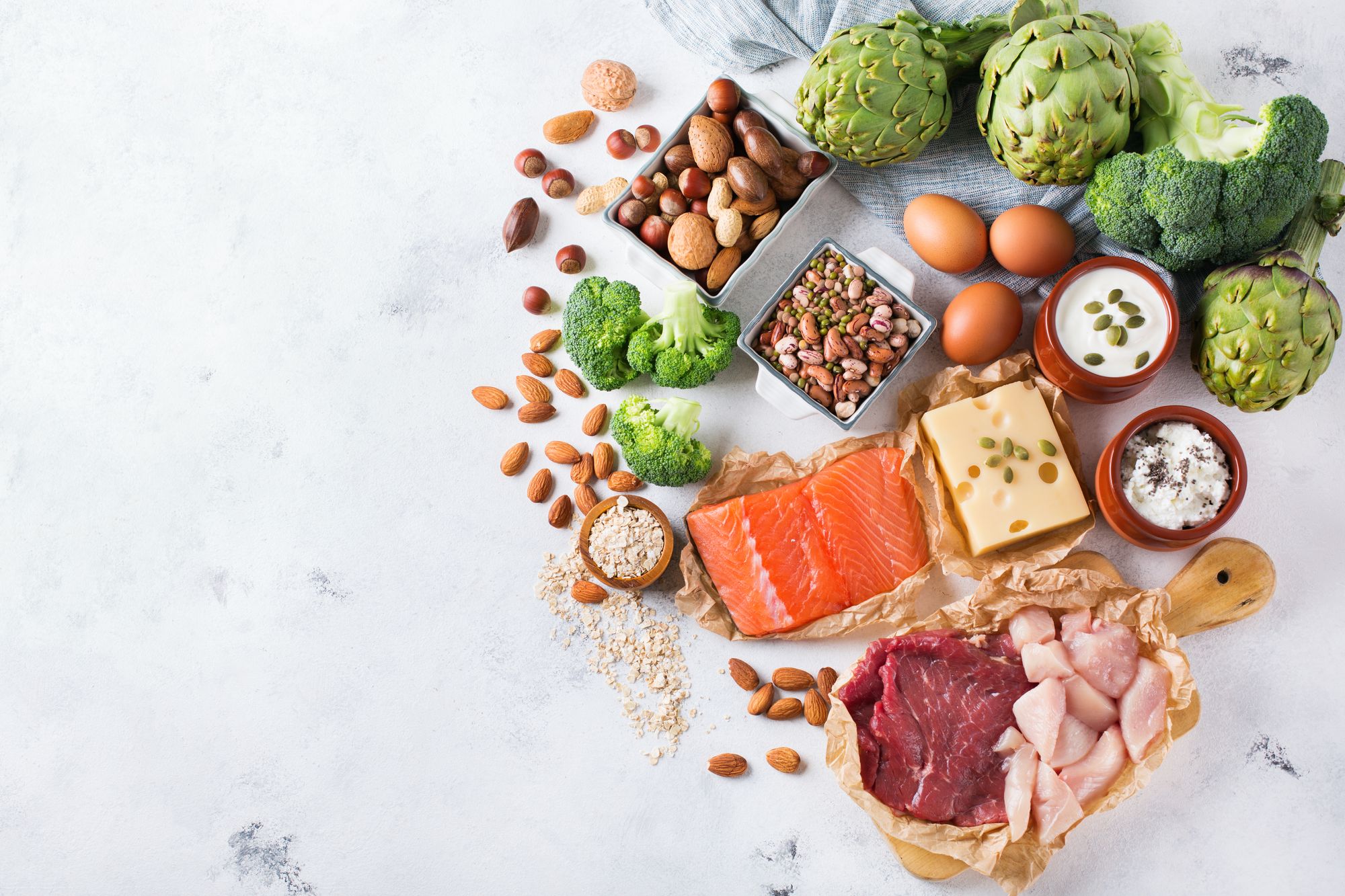
Fiber and probiotics often take center stage in discussions about gut health, but protein plays an equally crucial role in maintaining a thriving microbiome. Proteins provide the building blocks for the lining of your gut, including the essential villi and microvilli. These structures are responsible for absorbing nutrients from your food, ensuring proper nourishment. Furthermore, up to 70% of your immunity resides in your gut, making protein's anti-inflammatory properties instrumental in maintaining digestive health.
8) Healthy Skin:
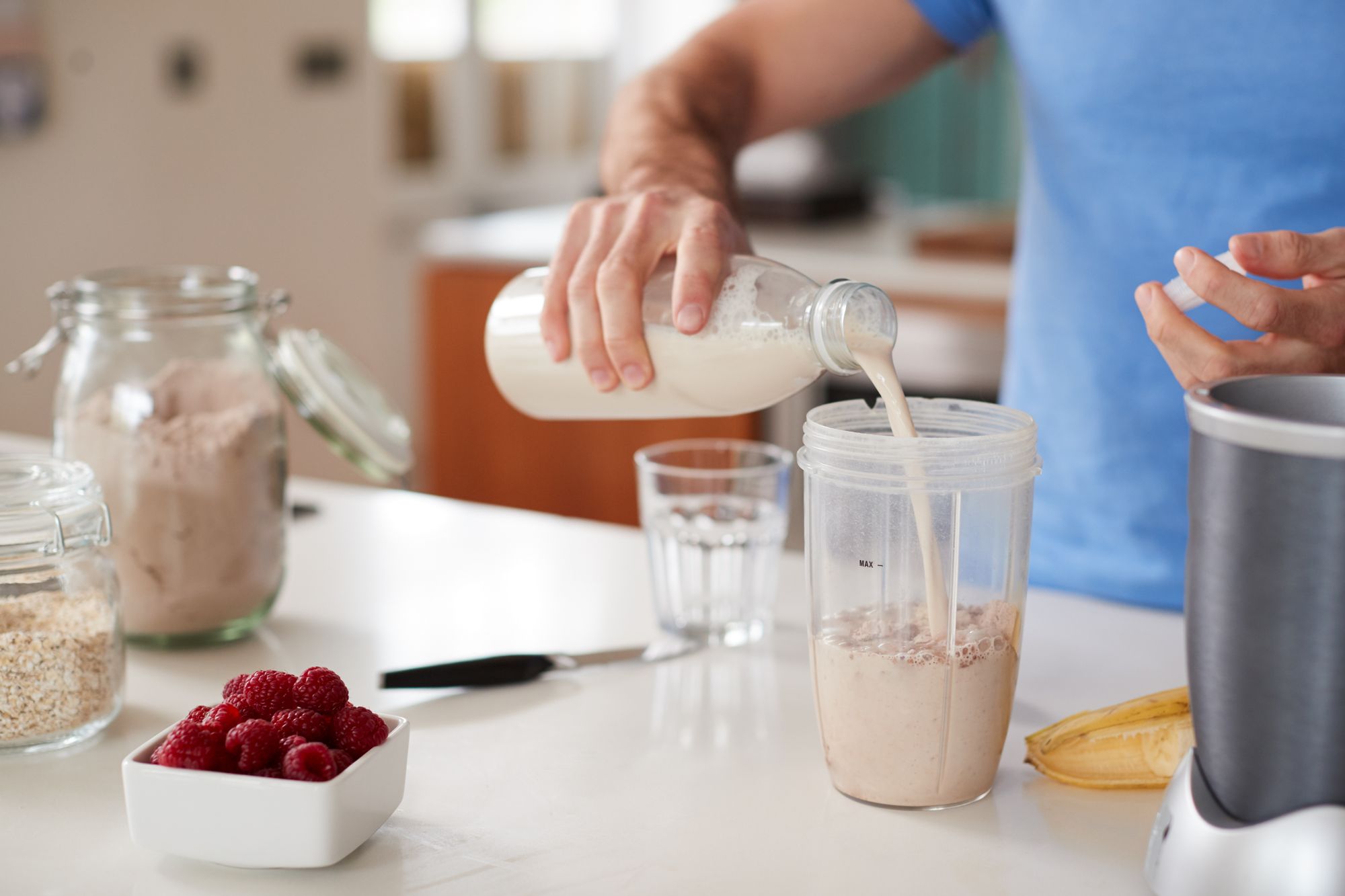
Your skin, the body's largest organ, benefits immensely from adequate protein intake. Protein supports collagen production, a vital component for skin strength, elasticity, and hydration. When it comes to wound healing, protein steps up to the plate by supplying the necessary components for tissue repair, minimizing scarring in the process. Additionally, keratin, another protein type, plays a pivotal role in the structure of hair, skin, and nails, further highlighting protein's importance for your overall appearance.
9) Bone Strength:
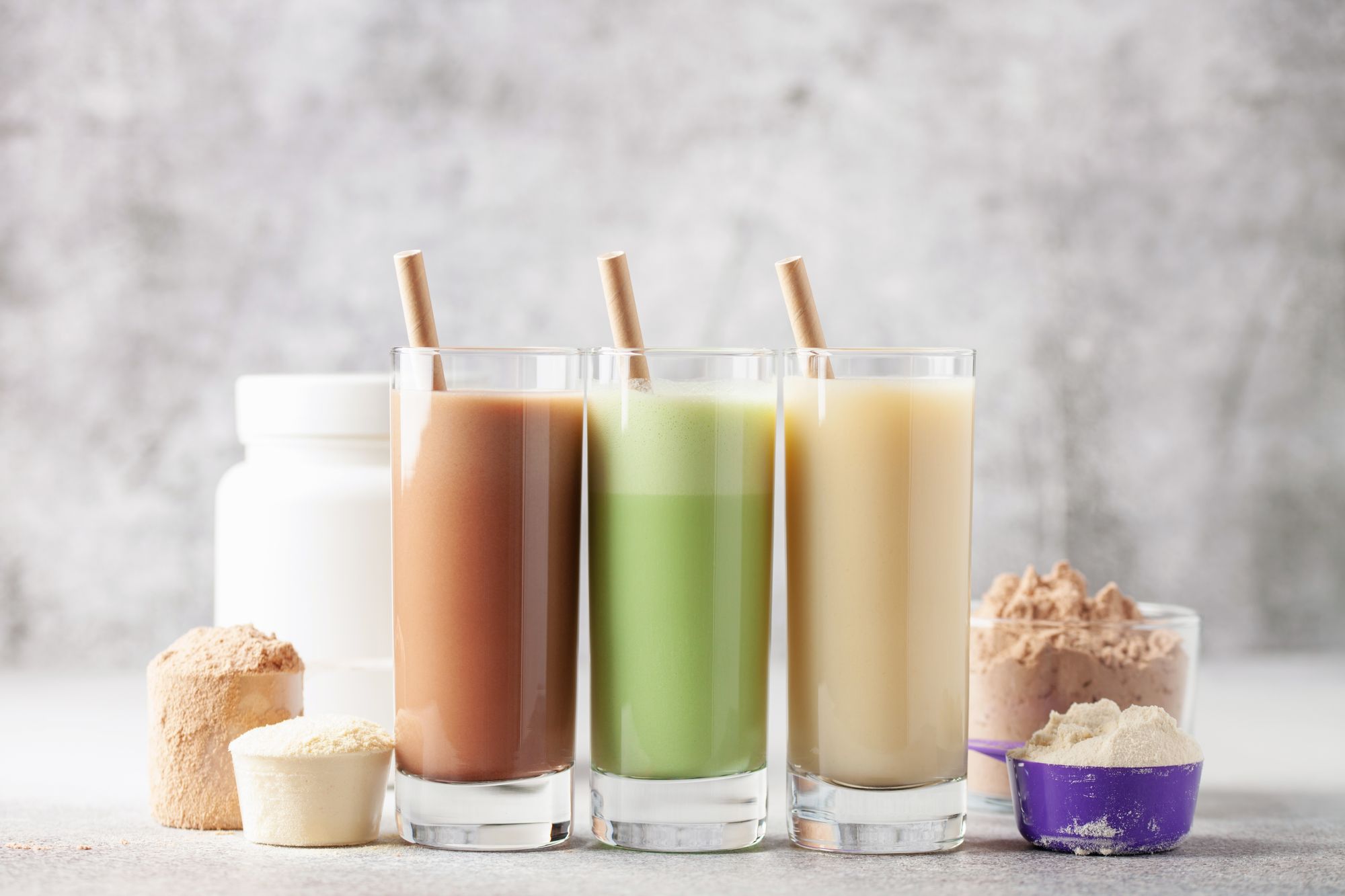
Collagen, the primary protein in bones, provides the foundational support and flexibility your skeleton needs. Protein intake is indispensable for collagen formation, ensuring your bones remain resilient and resistant to fractures. The relationship between protein and calcium absorption is crucial—protein-rich foods enhance the body's ability to absorb calcium, a mineral vital for bone health. Additionally, your muscles, maintained by protein intake, exert mechanical stress on bones, and weight-bearing activities promote bone density, emphasizing the intricate link between protein, muscles, and bone strength.
10) Joint Health:
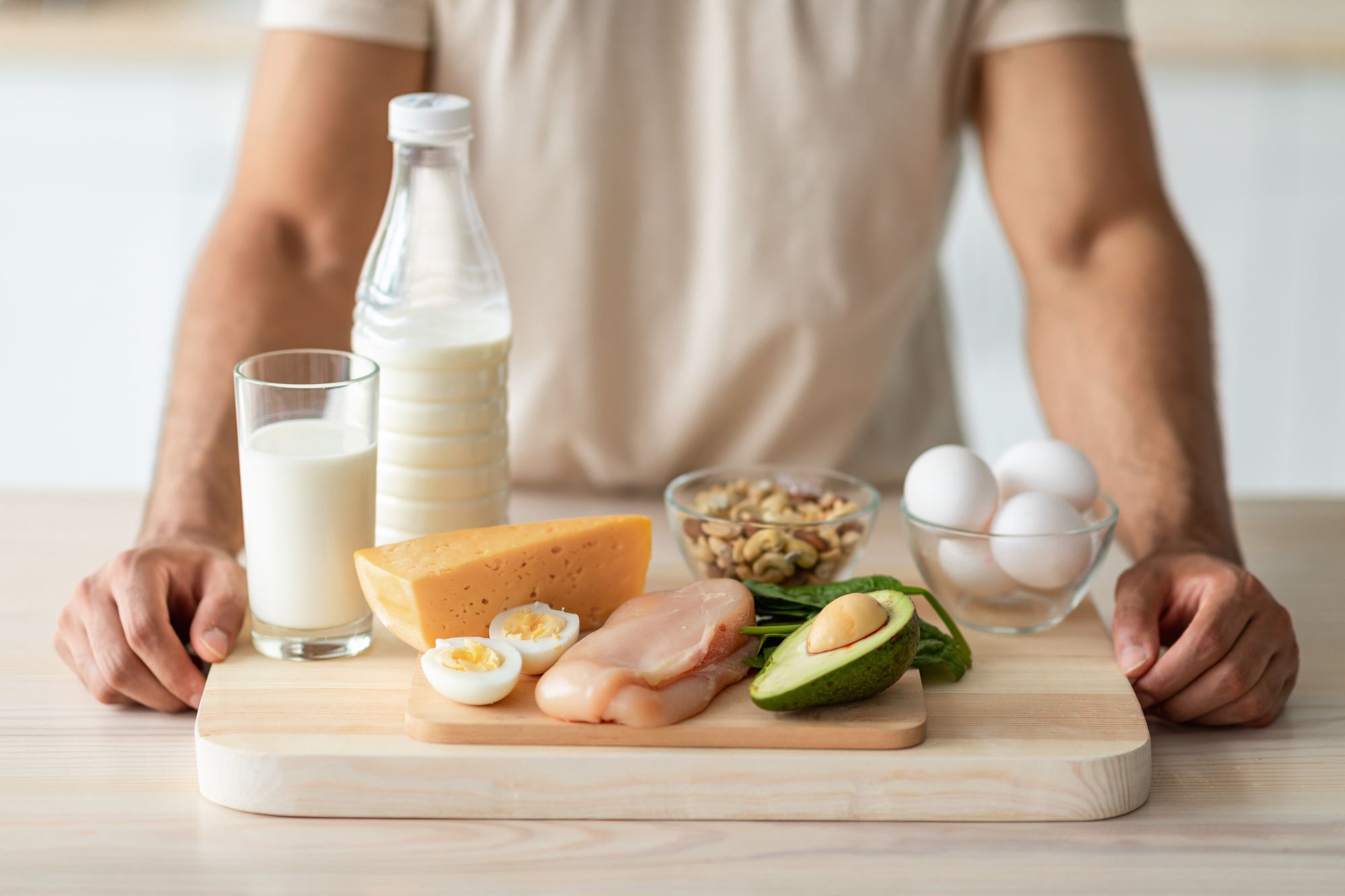
Joint well-being hinges on the health of the cartilage that cushions and shields the ends of your bones. Collagen, a significant component of cartilage, depends on adequate protein intake for its integrity. Robust muscles also play a vital role in this context, stabilizing joints and reducing stress during daily activities and physical exercise. A consistent protein intake ensures that your muscles remain strong and continue to support joint stability and function.
Prioritizing protein in your diet unfolds a vast array of health benefits, each more profound than the last. By incorporating protein-rich foods into your meals, you embark on a journey to better health, appetite control, muscle preservation, and overall vitality. Your body will thank you for embracing the multifaceted wonders of protein.

